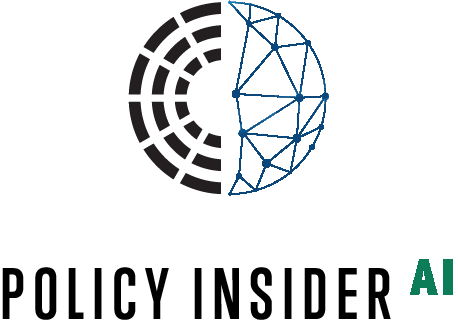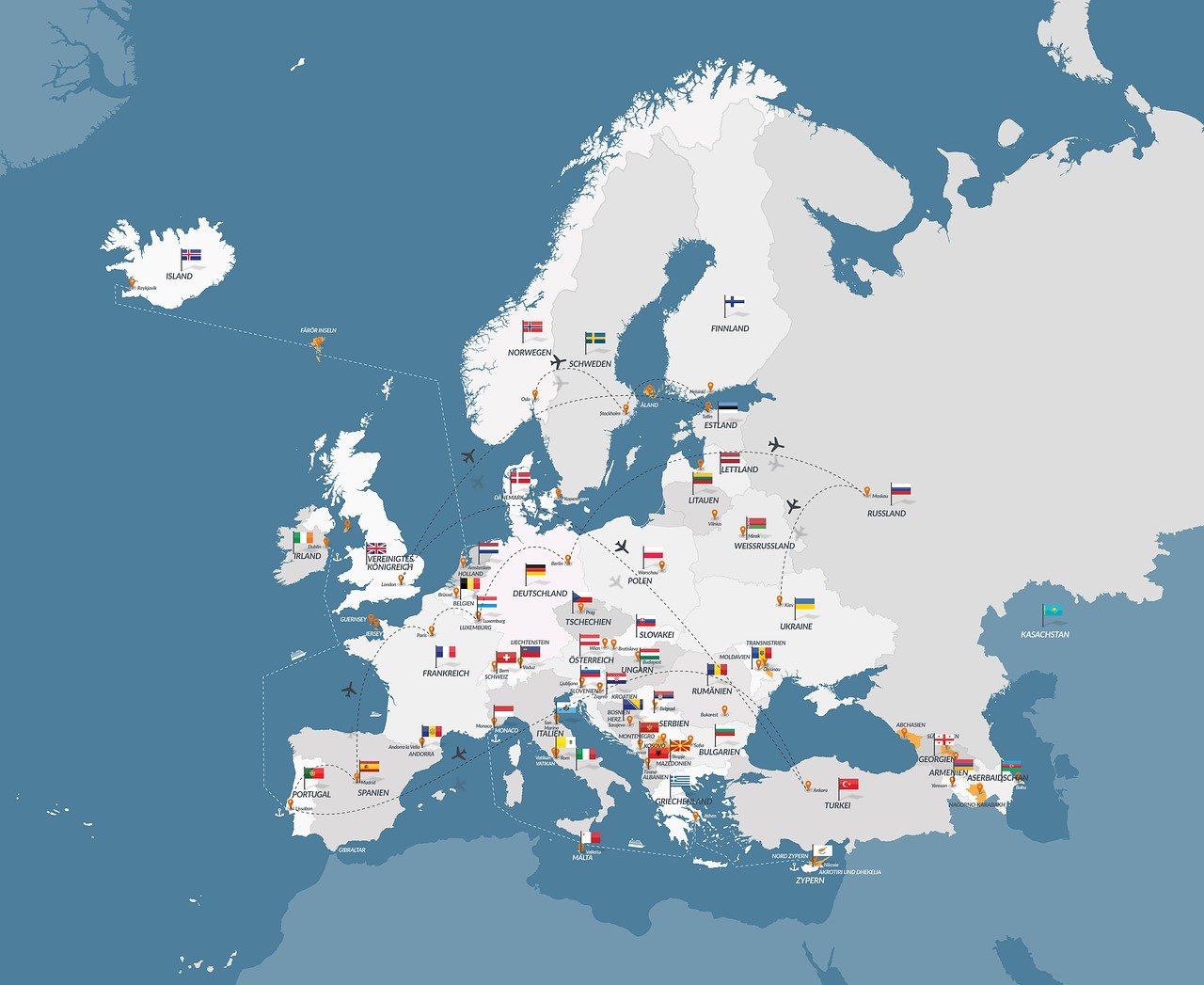Navigating the intricate world of government affairs and public affairs within the European Union (EU) can be daunting. This guide provides an in-depth look at the history, current landscape, and essential tools for professionals in this field. Here, we explore the evolution of these sectors, transparency requirements, and the resources available to those in the profession, such as professional associations and job portals.
Relatively Young Advocacy in the European Union
Advocacy and lobbying in the European Union (EU) are relatively young compared to the well-established traditions in the United States and the United Kingdom. The EU’s political and institutional landscape, which only began to take its current form in the latter half of the 20th century, has led to a more recent development of formal lobbying practices. The creation of the European Economic Community in 1957 and later the European Union in 1993 provided a new, supranational arena for advocacy efforts. Unlike the centuries-old lobbying traditions in the US and UK, EU advocacy has had to quickly adapt to the unique and complex multi-level governance structure of the Union. It is characterized by its distinct institutions such as the European Commission, the European Parliament, and the Council of the EU.
Test: Discover the benefits of our Policy-Insider.AI WebApp, free for 30 days!
The relatively young nature of EU advocacy means that it is still evolving, with significant strides made in transparency and regulation only in recent decades. The establishment of the EU Transparency Register in 2011 marked a significant step towards formalizing and monitoring lobbying activities within the Union. Despite these advancements, EU advocacy remains a dynamic and developing field, continually adjusting to the changing political and legislative environment of a diverse and expanding Union. As a result, professionals engaged in EU lobbying must navigate a landscape that is less entrenched but equally intricate, necessitating a deep understanding of both EU-wide policies and the national interests of individual member states.
Read more: What is the difference between EU Council, Council of the European Union, and Council of Europe?
Read more: The pigeonholes are back – EU policy monitoring in a new era
Government Affairs in Europe Post-Lisbon Treaty
Since the Lisbon Treaty of 2009, government affairs in Europe have become significantly more complex. The treaty introduced the role of Permanent President of the European Council and expanded the legislative powers of the European Parliament. It also increased the use of qualified majority voting and enhanced the role of national parliaments in overseeing EU actions.
As a result, professionals in the field must now monitor policy developments across most member states and advocate at all governance levels, from national parliaments to the EU institutions. This requires a comprehensive understanding of diverse political and legal contexts to ensure effective and targeted advocacy.
Read more: Pan-European Policy Monitoring for Successful Advocacy
Transparency Requirements in European Public Affairs
In recent years, transparency in government and public affairs activities has taken center stage. The EU has strived to set a global standard for transparency and accountability in lobbying practices. The EU Transparency Register, established in 2011, requires lobbyists to disclose their activities and expenditure on lobbying efforts. This initiative aims to ensure open and inclusive policy-making, where all actors can contribute to the legislative process under clear and fair rules.
Mandatory Transparency Registers
Below is a list of transparency registers that provide access to information on entities engaged in lobbying and policy advocacy:
- EU Transparency Register: this is a joint venture between the European Parliament and the European Commission. It mandates lobbyists to disclose their activities and financial expenditures related to influencing EU decision-making. It lists thousands of entities, including NGOs, companies, trade associations, and professional consultancies.
- Germany’s Lobbyregister: Launched in 2021, this register requires lobbyists who engage with the Bundestag or Federal Government to disclose their information. Since 2024, it publishes all submissions from stakeholders to Government.
- UK Register of Consultant Lobbyists: This register is specifically for those who lobby on behalf of a third party to UK government ministers or senior officials. It provides a clear view of the consultants who are active in advocating for their position in UK government policy.
- French High Authority for Transparency in Public Life (HATVP): In France, this authority oversees the transparency of public life, including lobbying activities. It requires lobbyists to declare their activities and interests, aiming to prevent conflicts of interest and promote transparency in French policymaking.
These transparency registers underscore that access to decision-makers in Europe is widely available and regulated, ensuring that all engagements are conducted openly and ethically. This level of transparency helps maintain trust in European political systems and ensures that various stakeholders can contribute to policy discussions and legislative processes.
Associations for Government Affairs and Public Affairs Professionals
There are several professional associations that play a pivotal role in the education, development, and regulation of government affairs and public affairs professionals in the EU. These include:
- The Society of European Affairs Professionals (SEAP): This body advocates for transparent and ethical interactions between EU institutions and public affairs professionals.
- The European Public Affairs Consultancies’ Association (EPACA): EPACA emphasizes the professional standards and practices of public affairs consultancies in the EU. It enforces the EPACA Code of Conduct, which sets out ethical and professional standards for its members, ensuring accountability and integrity in their interactions with EU institutions.
These organizations provide training, networking opportunities, ethical guidelines, and advocacy for professionals, ensuring that their members adhere to the highest standards of practice.
Job Portals and Career Resources for future Public Affairs Professionals
For those looking to forge a career in government or public affairs in the EU, several job portals are invaluable:
- EuroBrussels: This portal lists numerous opportunities in Brussels, the de facto capital of EU politics, focusing specifically on roles related to EU affairs.
- POLITICO Europe Jobs: A go-to resource for positions in public and government affairs, policy analysis, and related fields.
- EurActiv Jobsite: Another excellent resource for career opportunities in EU affairs, EurActiv’s job portal connects professionals with relevant roles across the continent, ranging from government relations to public policy.
- Parlament Jobs: Specializing in job opportunities within and around the German Bundestag, this portal is ideal for those interested in directly engaging with German legislative affairs.
- W4MP Jobs: Primarily focused on the UK, W4MP advertises jobs and volunteering opportunities working for Members of Parliament. It also lists roles in public affairs and related fields, making it a comprehensive resource for political and public affairs positions in the UK.
- Politjobs: A job portal that lists opportunities in politics and communication across Europe, catering to professionals looking for roles in government affairs, public policy, and political communication.
- Join Politics: A platform that connects individuals with political and public affairs roles, aiming to enhance the quality and impact of political work across Europe.
- Emplois Politiques: This portal focuses on political and public affairs job opportunities in France, offering a wide range of positions in the public and private sectors.
Relevant Rankings of Public Affairs Agencies and Services
Several sites offer insights into the leading players in the sector and provide a benchmark for firms and professionals aiming to enhance their operations in the EU sphere.
- BestinBrussels.eu: Ranks the top public affairs firms in Brussels and provides insights into leading players in the sector.
- Politdir.de: Offers a comprehensive directory of public affairs consulting firms in Germany, providing detailed listings and information about various agencies.
Conclusion
Government affairs and public affairs are critical components of the EU’s policymaking landscape, necessitating skilled professionals who can navigate its complexities. As the EU continues to evolve, the demand for transparency and professionalism in these fields grows. This guide serves as a comprehensive resource for anyone interested in or currently navigating this dynamic and influential arena.


